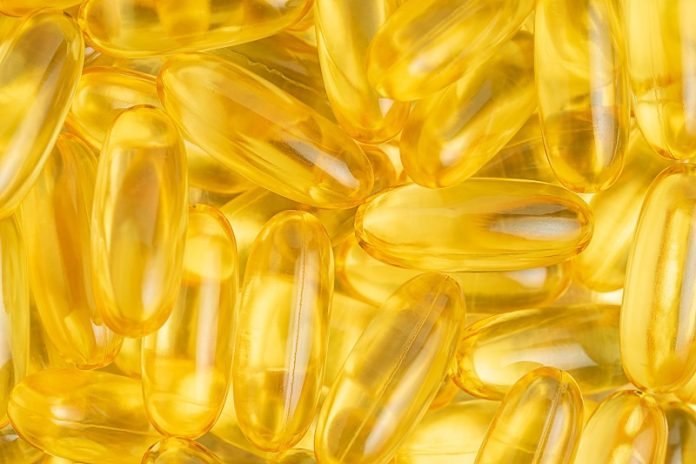
In a study from the Center of Excellence for Suicide Prevention and elsewhere, scientists found that treating low vitamin D levels with supplements may decrease the risk of attempting suicide.
They found that people prescribed vitamin D were nearly 50% less likely to attempt suicide over eight years, versus those who have not been prescribed the supplements.
The benefit was seen especially among veterans who had low vitamin D levels to begin with, as well as Black veterans—who may be at greater risk of insufficient vitamin D stores.
The team says the study was not a clinical trial that directly tested vitamin D for reducing suicidal behavior.
They suggest that vitamin D deficiency can cause depression-like symptoms, including mood changes and chronic fatigue
Many people with depression symptoms are tested for blood levels of vitamin D, as well as vitamin B12, folic acid, and thyroid hormones.
In the study, the researchers found over 660,000 patients who were prescribed vitamin D between 2010 and 2018 for various reasons. Around half had a vitamin D deficiency.
They compared those veterans against the same number of vets who were not prescribed vitamin D but were otherwise similar.
Vitamin D supplements contain either of two forms of the vitamin: D2 (ergocalciferol) or D3 (cholecalciferol). Most of the veterans on supplements were taking vitamin D3.
The team found in the vitamin D3 group, 0.2% were treated for attempted suicide or self-harm during the study period. That is compared with 0.36% of veterans not prescribed vitamin D.
There was a similar pattern among veterans prescribed vitamin D2: The rate was 0.27% who attempted suicide or otherwise harmed themselves, versus 0.52% of veterans without vitamin D prescriptions.
When the researchers controlled other factors, like physical and mental health conditions, they found vitamin D supplementation was still linked to a 45% to 48% lower risk of attempting suicide.
The association was strongest among veterans who had low vitamin D to start (blood levels lower than 20 ng/mL) and among Black veterans.
The team says the body naturally synthesizes vitamin D when the skin is exposed to sunlight. But darker skin, with more melanin, results in less vitamin D production.
That might be why supplements appeared particularly protective among Black veterans.
The researchers suggest doctors should evaluate patients with depression symptoms for low vitamin D.
If you care about mental health, please read studies that ultra-processed foods may make you feel depressed, and these antioxidants could help reduce the risk of dementia.
For more information about health, please see recent studies about new link between bacteria in mouth and chronic diseases, and results showing scientists find a key driver of autoimmune diseases.
The study was conducted by Jill Lavigne et al and published in the journal PLOS ONE.
Copyright © 2023 Knowridge Science Report. All rights reserved.



